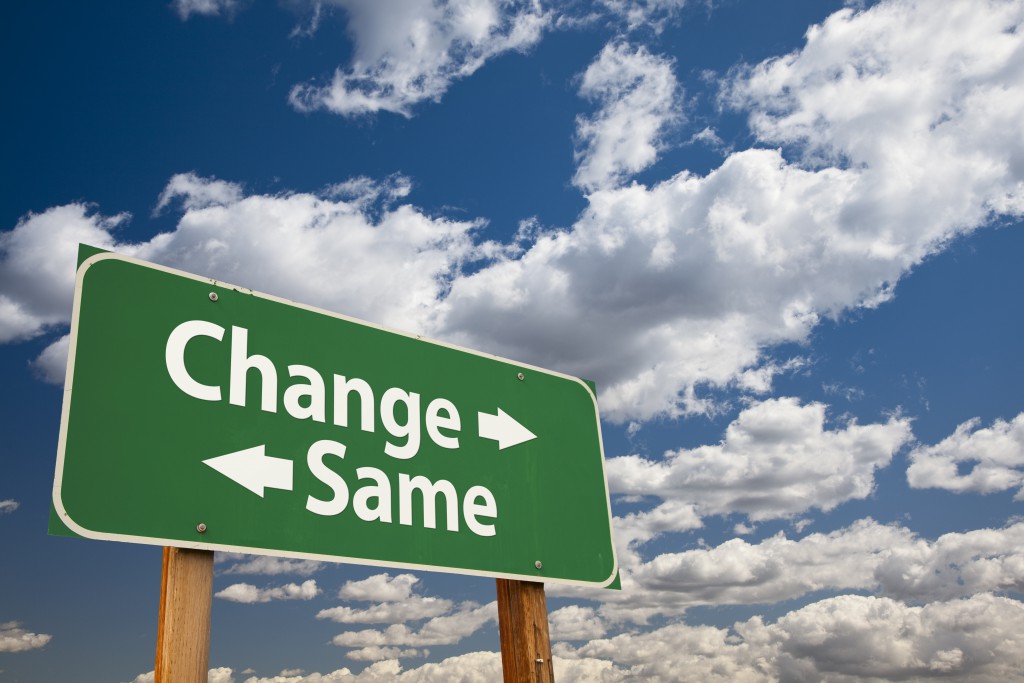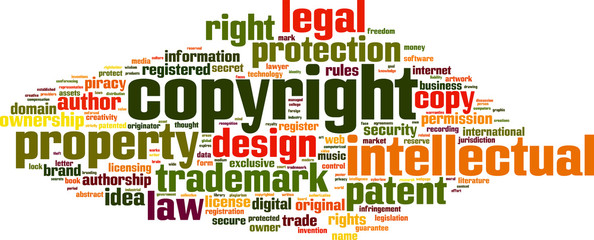Replication without authority may be unlawful
Copying material generated by others without permission may be a breach of their copyright rights.
What does copyright cover?
If your business produces any of the following, they will automatically be protected by copyright once they are ‘fixed’ in some way, e.g. written or recorded:
- literary works, including books, webpages, computer programs and instruction manuals
- dramatic and musical works, including the music to songs
- artistic works, including technical drawings, photographs, diagrams and maps
- films, videos and broadcasts, including those on cable and satellite
- sound recordings
- databases, whether paper or electronic
- typographical arrangement or layout of publications
Copyright covers every medium in which a work exists, including the internet.
Copyright does not protect:
- names, titles, slogans or phrases – though you might be able to register these as a trade mark
- products or industrial processes – though these may have design right or be eligible for patent protection
- ideas.

The Copyright, Designs and Patents Act 1998
Copyright is the exclusive right of owners to control the copying and exploitation of their works by others. Copyright law in the UK is governed by the Copyright, Designs and Patents Act 1988 (CDPA). The CDPA has been amended/supplemented several times to take account of EC Harmonisation Directives on:
- Computer programs.
- Copyright duration.
- Rental rights.
- Databases.
- Copyright and related rights in the information society.
- Artists’ resale right.
Works not ideas
Copyright protects the form in which are expressed not the ideas themselves – Baigent v. Random House (The Da Vinci Code), Nova Productions v. Mazooma Games (2007).
Section 1 of the CDPA therefore declares that copyright subsists in the following types of works:
- Original literary, dramatic, and musical works.
- Artistic works.
- Sound recordings, films and broadcasts.
- Typographical arrangements of published editions.
Certain things may be too insubstantial or intransient to constitute works. Copyright could not be claimed in the word EXXON despite the substantial resources invested in inventing it – Exxon (1982).
Live performances are protected by rights in performances and not by copyright.
Infringement of UK copyright
Copyright is infringed by:
- Making copies of the work.
- Issuing copies of the work to the public.
- Renting or lending the work to the public.
- Performing, showing or playing the work in public.
- Communicating the work to the public.
- Adapting the work or doing any of the above in relation to an adaptation.
- Authorising any of the above acts.
Civil and criminal liability may be imposed on those who knowingly deal with infringing copies of a copyright work in the course of trade.
For a defendant’s work to be infringing as per Designers Guild v. Williams (2001):
- (a) It must be derived from the claimant’s work. Provided the claimant establishes sufficient similarity in the features allegedly copied by the defendant from the claimant’s work and that the defendant had access to the claimant’s work, the burden shifts to the defendant to show that the similarities are not the result of copying;
- (b) The defendant must take the whole or a substantial part of the claimant’s work. Substantiality is measured in terms of quality not quantity. It is a matter of impression and depends on the importance of what is taken to the claimant’s and not to the defendant’s work.
An action for infringement of copyright can be brought by the copyright owner or an exclusive licensee.
Remedies include interim and final injunctions, damages or an account of profits and delivery up and destruction of infringing items. Additional damages may be awarded in cases of flagrant infringement.







